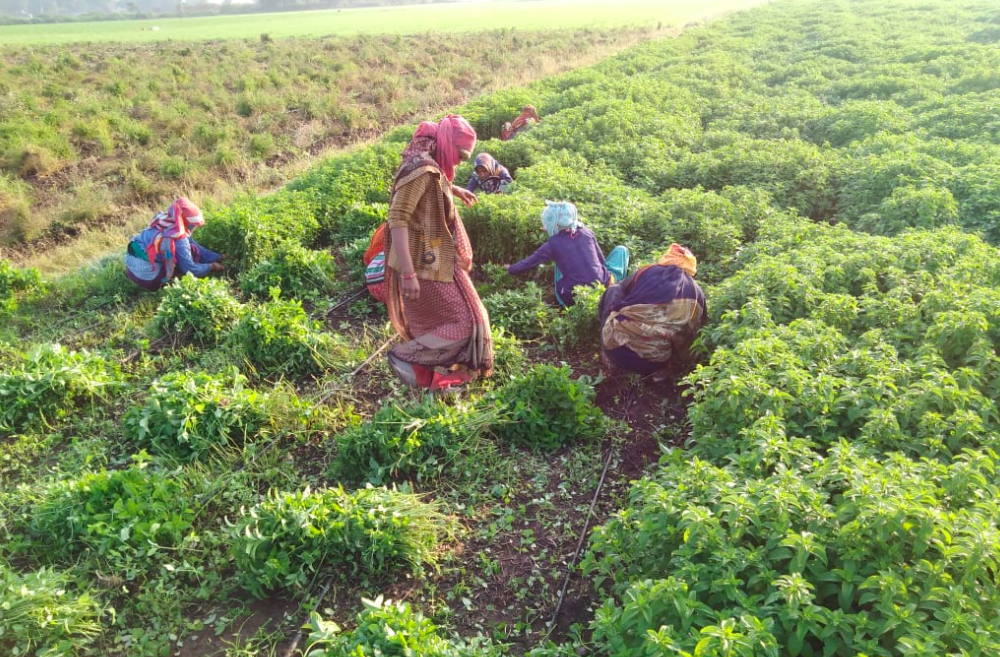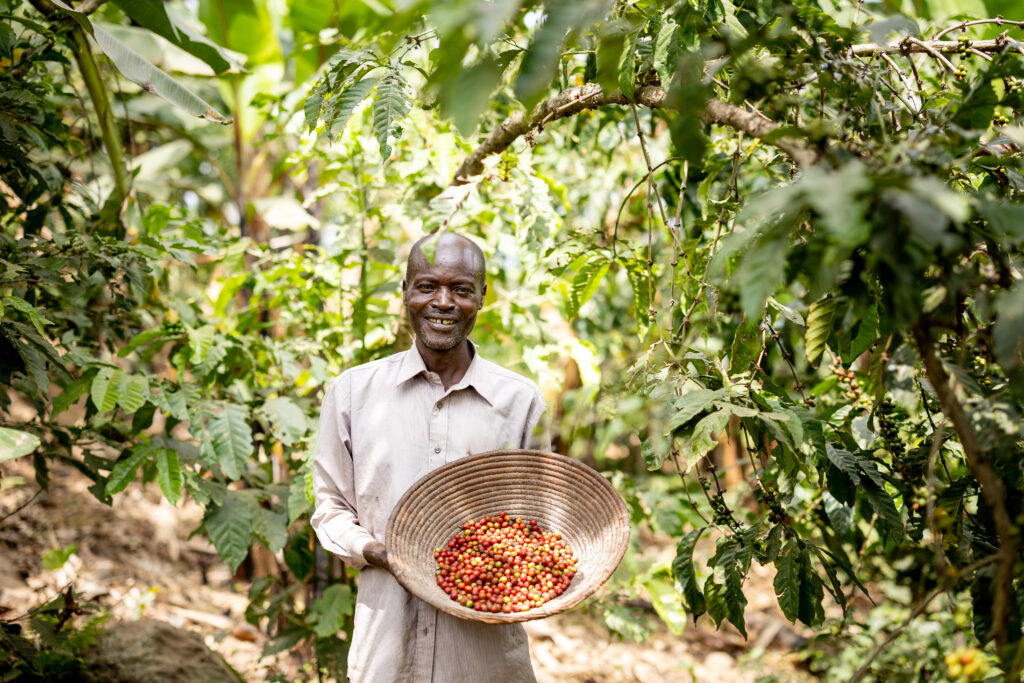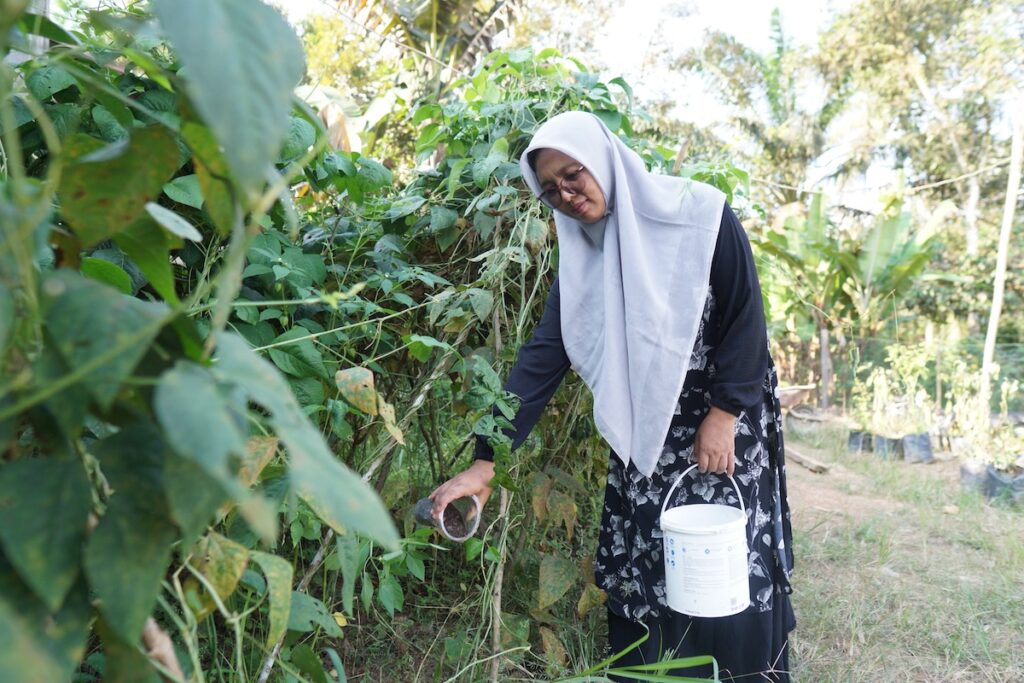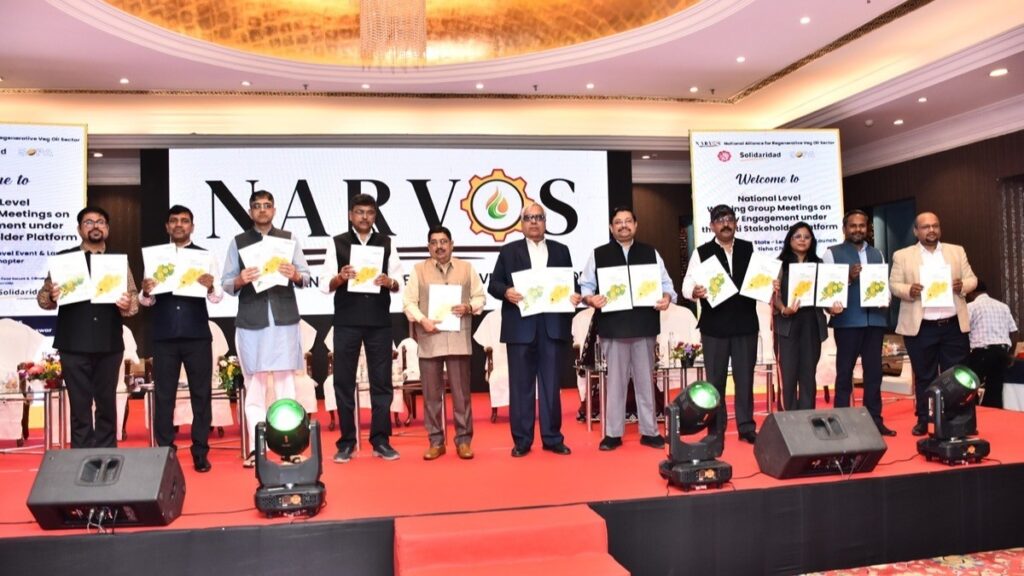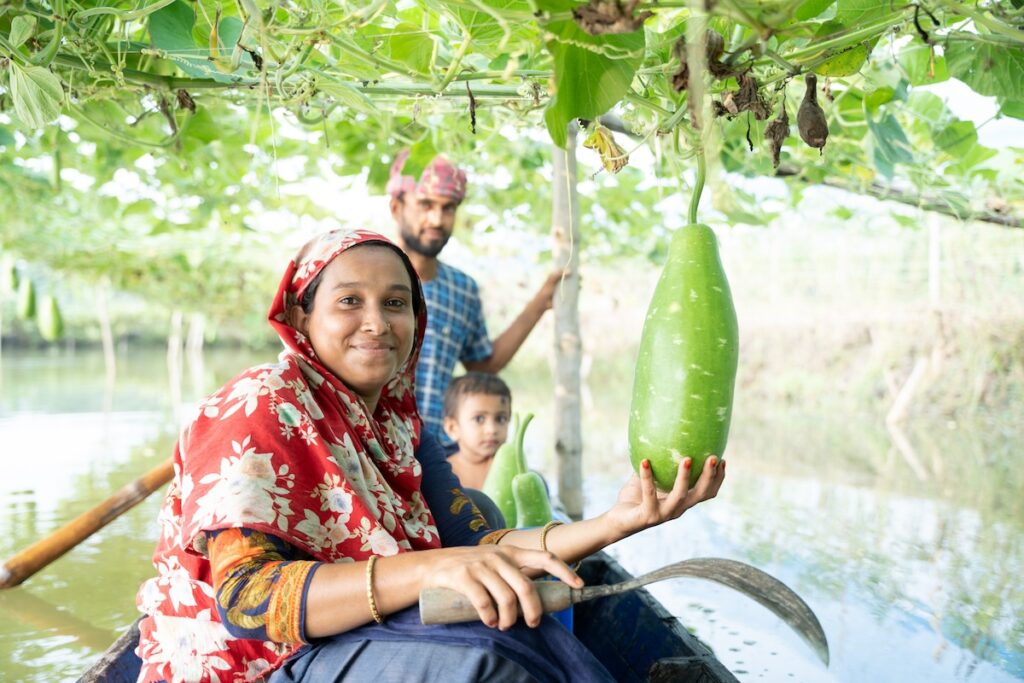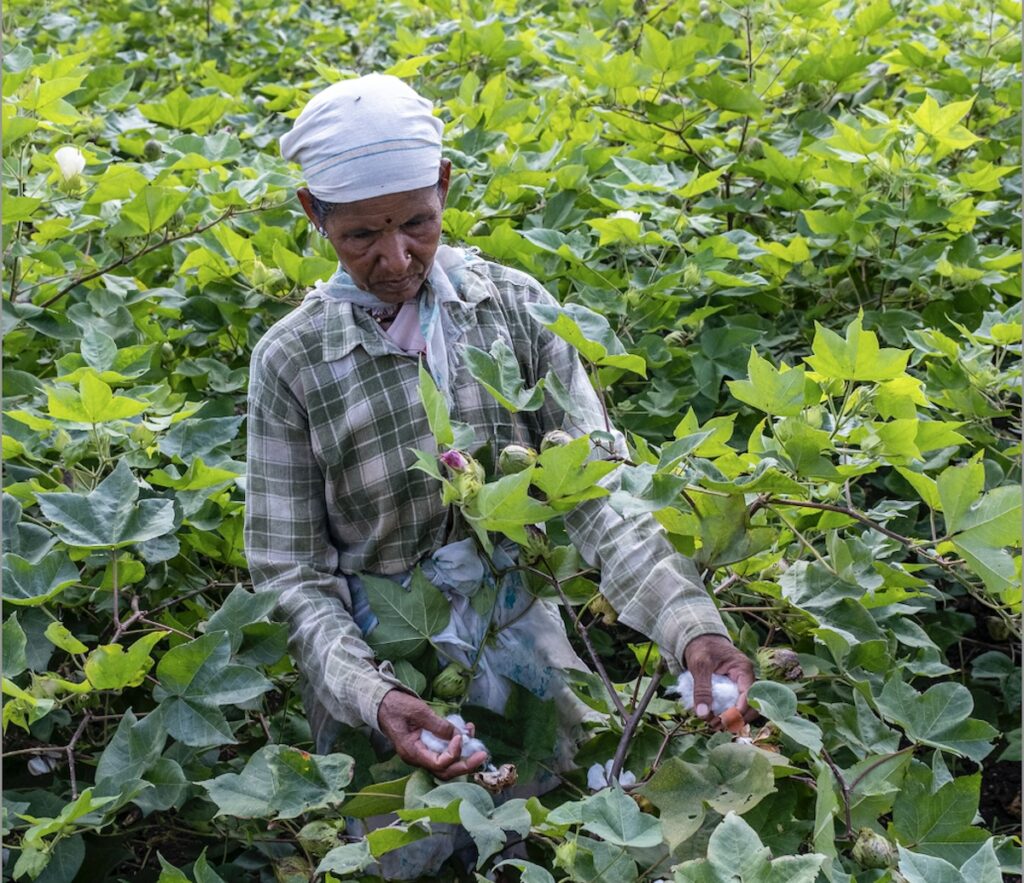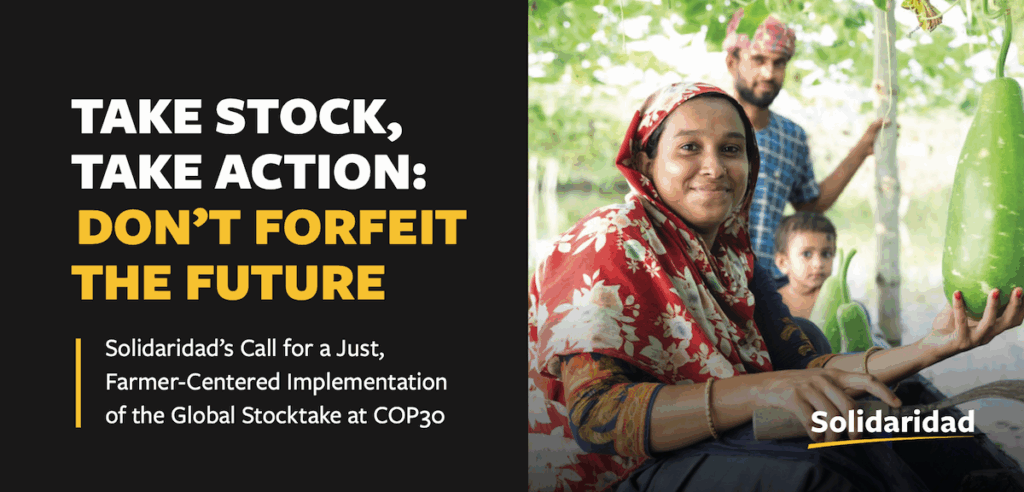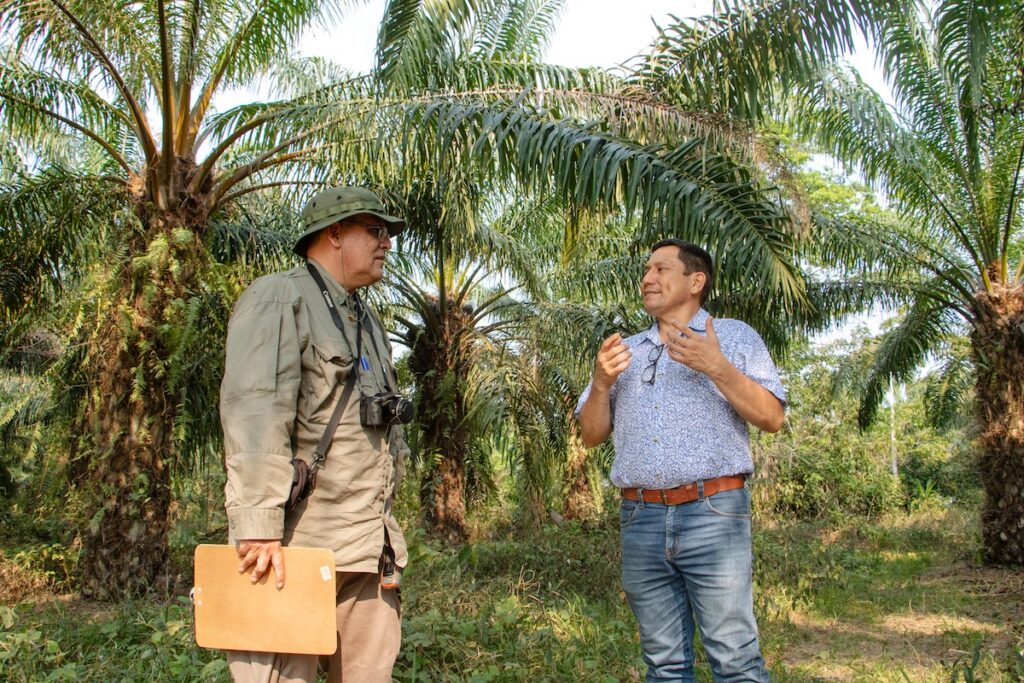India is a treasure trove of medicinal plants, owing to its rich biodiversity, and a gold mine of medicinal knowledge. It is the second largest exporter of medicinal plants, next to China, in the world and a host to more than three hundred thousand herbal medicine preparations used in ancient healing systems such as Ayurveda, Unani and Homeopathy.
In India, a major volume of medicinal herbs come from wild sources. Unsustainable harvesting practices of medicinal plants from the wild often result in rapid degradation of the natural biodiversity and poor regeneration capacity. This in turn affects the production and supply of medicinal plants from forest areas and the quality of the raw materials.
An all-encompassing solution lies in cultivating these plants outside forest areas and as a part of existing farm lands. This would also enable farmers and farming communities to enhance their income and livelihood through crop diversification with the high-value medicinal plant species.
With that in view as well as integrating circular and regenerative agriculture principles, Solidaridad has started a programme to reclaim sustainability in the medicinal plants and herbal medicines sector through the three facets of the sustainability index: (i) power to the people (‘Inclusivity’) (ii) respect for the planet (‘Producing in balance with nature’) and (iii) a fair share for everyone in the chain (‘Prosperity’).
The programme ‘Sustainable Medicinal & Aromatic Plants’ is working towards developing a sustainable value chain of medicinal and aromatic plants (MAPs) in selected districts of Madhya Pradesh and Rajasthan in India through extension of new technologies and practical knowledge among the growers. It is based on a strategy towards promoting a diversified agro-ecosystem within the predominant soy-based cropping system of central India.
From low-value crops to high-value market-oriented MAPs
The cultivation of the MAPs is also fraught with the perils of substitutes and adulterants traded freely in the market, thus affecting the quality and efficacy of the end product. In addition, issues around accurate identification of species and variation in quality plague the sector. The largely unregulated and non-transparent supply chain contributes to the various constraints restricting the growth of the herbal sector in India. The farmers’ lack of access to technical knowhows and advisory support for cultivation and management of MAPs adds to the issue as they often land up purchasing poor-quality planting materials from various sellers and at a very high price.
Solidaridad’s intervention is focused on reclaiming sustainability in the medicinal and aromatic plants and herbal medicine sector through an integrated market-based and entrepreneurial approach. Toeing its multi-annual strategic plan, Solidaridad is working on a four-level intervention area: educating farmers with scientific knowhows and good agricultural practices; supporting them in developing a viable business ecosystem; enabling an inclusive policy environment; and creating a market for affordable and sustainable products.
The MAPs are identified as promising crops for crop diversification, which can turn agriculture into being more remunerative. Crop diversification also builds farmers’ resilience towards changing climate and associated risks of crop failure. Small holder farmers are the most vulnerable to climate change. Extreme weather events in the last few years have brought losses to traditional crops in Madhya Pradesh and Rajasthan. Diversifying farmland for cultivation of different crops therefore acts as a buffer during these times.
The demand for medicinal plants is growing worldwide and has the potential to fetch good income for the farmers compared to that of traditional crops. The programme is encouraging small farmers to implement a shift of resources in the cultivated area, from cereals and low-value crops to high-value medicinal and aromatic plants. These high-value plants require less inputs and hence relate to better income realisation for farmers along with facilitating their production in balance with nature.
Rising income and livelihood conditions
The MAP programme strategy is proving to be effective in stabilising and raising farm income and increasing employment opportunities while conserving the natural resource base. Crop diversification with MAPs in the programme areas has boosted the income of the smallholder farmers. The farmers who started Ashwagandha cultivation after enrolling with Solidaridad have informed that the profit they earned from 1 bigha (0.63 acres) of Ashwagandha crop is equal to the profit they earned from 4 bigha (2.5 acres) of wheat crop. For an investment of Rs 30,000 per acre in production cost, a farmer earned around Rs 300,000 per acre from Ashwagandha cultivation. Crop diversification and the subsequent increased income is helping the farmers face valiantly the myriad challenges in agriculture along with ensuring food and health security of their households.
Kalu Singh, a farmer from Dewas district, Madhya Pradesh, said, “The profit I earned from 0.5 acres of Ashwagandha crop is equal to the profit I had earned from 2.2 acres of wheat crop. I am also selling Ashwagandha seeds to other farmers. The single-most significant change that I experienced by associating with this programme is the manifold increase in my annual income in the last one year.”
The programme has been implemented with nearly 800 cultivators/growers of medicinal and aromatic plants in the selected districts of Madhya Pradesh and Rajasthan. The MAP crops that require less water and are more profitable have been prioritised, including Ashwagandha (Withania Somnifera), Mentha (Mint), Lemon Grass (Cymbopogan flexosus), Kalmedh (Andrographis Paniculata), Tulsi (Ocimum Sanctum), Akarkara (Anacyclus pyrethrum), Black cumin (Nigella sativa), and Turmeric (Curcuma longa) among others.
Enabling market access and entrepreneurship
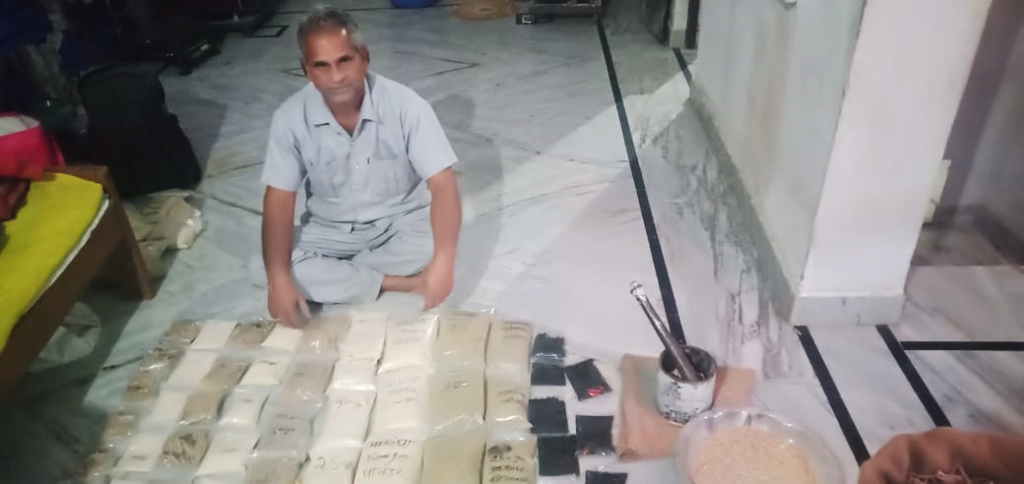
The programme has also enabled the farmers into becoming entrepreneurs. Janki Lal Jat is a medicinal plant farmer and entrepreneur from Jhalawar district, Rajasthan. He reflected on the change in his profession since embarking on the medicinal plant journey.
“Previously, I was a farmer and now due to this programme and support of the Solidaridad team, I am an entrepreneur.
Janki Lal Jat, Medicinal plant farmer and entrepreneur from Jhalawar District
Janki says, “In 2021, I attended a training workshop where I learnt about good cultivation practices, certification process, primary processing, market opportunities and trade of medicinal plants. There, I also sought the guidance of an expert from Solidaridad about the scope of setting up a primary processing unit at cottage level… Currently, I own a processing unit where I prepare Ashwagandha powder and panchang (dried whole plant), bio-pesticides, and bio-fertilisers, along with powders of other medicinal plants like Akarkara, Safed Musli, Shatavari, Aonla, Mulethi, Gokhru. I sell these processed products to medical stores and ayurvedic doctors in Jhalawar and Chittorgarh districts. Right now, my unit is producing about 10-12 kg of processed products every day and the per quintal income/profit from Ashwagandha plant has increased by Rs 30,000.”
Towards prosperity, inclusivity and balanced production
Medicinal plants are in demand, yet many farmers hardly know about them: how to cultivate and harvest them or where to find markets. These plants can provide additional income for farmers if they have the knowledge and resources. Also, the MAP crops have higher adaptability to climate change risks. On the other hand, the rising demand for these plants will further boost industry growth. The increasing demand if met with appropriate sustainability needs can make for a prosperous business case for the small farmers with higher income. Solidaridad’s ‘Sustainable MAP’ programme is an endeavour in the same direction towards building prosperous and inclusive farming communities through eco-friendly, climate-smart, regenerative and resource-efficient practices.

